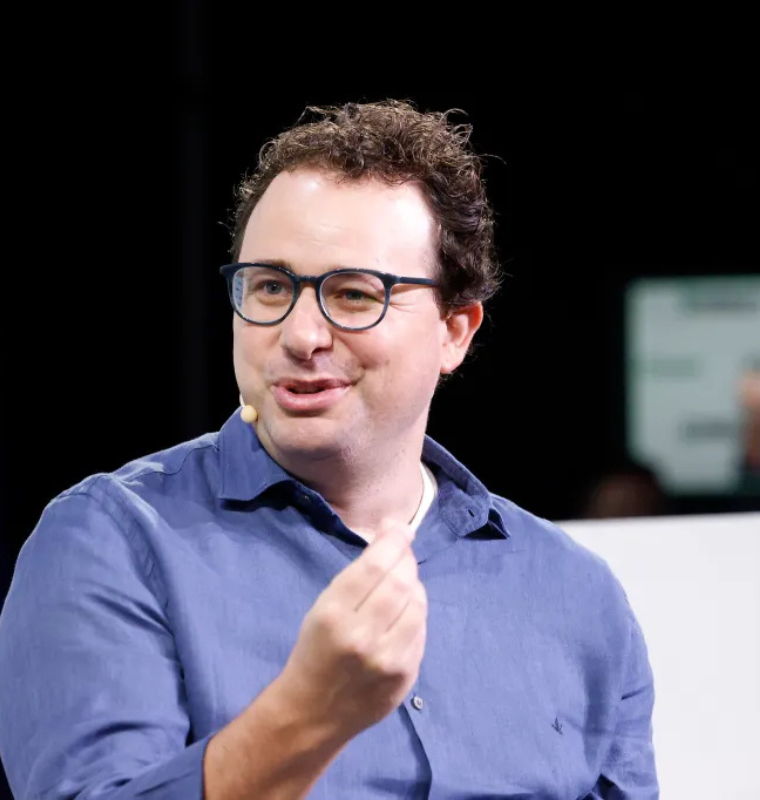Robinhood Launches Tokenized Shares of OpenAI and SpaceX for European Users, Stock Surges to Record High
Robinhood Launches Tokenized Shares of OpenAI and SpaceX for European Users, Stock Surges to Record High
By
Junia Wells
Last updated:
July 1, 2025
First Published:
August 3, 2025

Photo: Tekedia
Robinhood is redefining access to private equity. The U.S.-based trading platform announced Monday that it is now offering tokenized shares of OpenAI and SpaceX to users across the European Union. The move sent Robinhood stock soaring nearly 13% to reach an all-time high, underlining investor enthusiasm for the company’s aggressive crypto expansion.
A First for Robinhood: Tokenizing Private Equity
This launch represents Robinhood’s first-ever offering of tokenized shares in private companies, enabled by the EU’s relatively open investment regulations. Historically, shares in high-profile firms like OpenAI and SpaceX have been restricted to institutional investors, insiders, or ultra-wealthy individuals. Now, Robinhood is democratizing that access through blockchain technology.
“We wanted to make sure we were giving access,” said Johann Kerbrat, SVP and General Manager of Crypto at Robinhood. “Tokenization is about creating equal opportunity—letting anyone participate in the private equity economy.”
Onboarding Incentives: €5 Token Bonuses
To celebrate the launch, Robinhood is offering €5 worth of OpenAI and SpaceX tokens to every eligible user in the EU who onboards to trade tokenized stocks by July 7. In total, the company is allocating $1 million worth of OpenAI tokens and $500,000 in SpaceX tokens to this promotional campaign.
The tokenized assets will be accessible exclusively through Robinhood’s EU crypto app, which now supports over 200 tokenized stocks and ETFs, available for trading 24/5 with no commission or spread.
Why Europe, Not the U.S.?
While the product is currently EU-only, this wasn’t by choice—it’s due to regulatory limitations in the United States. Unlike the EU, which doesn’t require accredited investor status to access private equity, the U.S. enforces strict barriers for participation in such markets.
“There are no accredited investor rules here in the EU,” Kerbrat noted. “Anyone who qualifies to trade stock tokens is able to access them.”
Robinhood CEO Vlad Tenev has previously called for modernizing U.S. financial regulations, arguing that blockchain technology could dramatically broaden access to private markets—a critical step toward financial inclusion.
Technical Infrastructure: Blockchain at the Core
The new tokenized shares are distributed via Robinhood’s own crypto wallet, part of a broader infrastructure update that also includes a Layer 2 blockchain built on Arbitrum. These tools are designed to handle high transaction volumes efficiently and securely, supporting Robinhood’s long-term crypto ambitions.
Expanding Crypto Offerings: U.S. Users Get Staking
Though American users can’t access tokenized shares yet, they aren’t left out entirely. Robinhood has reintroduced staking for Ethereum and Solana in the U.S.—a feature previously suspended due to SEC scrutiny.
This marks a significant step forward for Robinhood’s crypto division, as staking yields are a popular feature among blockchain investors seeking passive income from their crypto holdings.
Market Reaction and Industry Impact
Robinhood’s stock closed Monday nearly 13% higher, setting a new all-time high. Investors appear confident in the company’s pivot toward decentralized finance and tokenized assets, areas that many analysts view as the next frontier in financial innovation.
Meanwhile, shares of traditional financial firms and brokerage competitors remained largely flat, highlighting the market’s distinct response to Robinhood’s tech-forward vision.
As blockchain and fintech continue to converge, Robinhood’s move may set a precedent for how companies bridge traditional finance with tokenized investment—especially in markets where regulatory frameworks allow for experimentation.
Robinhood is positioning itself at the leading edge of financial innovation, giving everyday investors a rare chance to own fractional shares of some of the world’s most sought-after private companies—at least in Europe. Whether the U.S. follows suit may depend on regulatory change, but one thing is clear: tokenized equity is no longer just a concept—it’s a reality.
Popular articles
Subscribe to unlock premium content
Global Cultures and the Hidden Drivers of Productivity and Happiness

The Future of Personalized Medicine

Digital Nomads and the New Global Economy

Global Cultures and the Hidden Drivers of Productivity and Happiness

The Future of Personalized Medicine

Global Cultures and the Hidden Drivers of Productivity and Happiness









